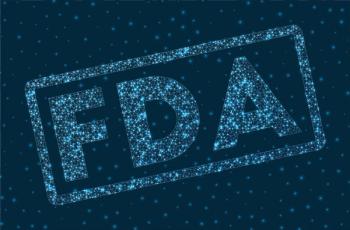
|Slideshows|September 10, 2021
The Long Shadow of the Towers
Author(s)Paul Gleason, PhD
Statistical findings from longitudinal studies of mental health among 9/11 witnesses and first responders.
Advertisement
Newsletter
Receive trusted psychiatric news, expert analysis, and clinical insights — subscribe today to support your practice and your patients.
Advertisement
Latest CME
Advertisement
Advertisement
Trending on Psychiatric Times
1
Depression and Long COVID Outcomes in Women: New Data Analysis
2
Investigational Psilocybin for PTSD and Ongoing Trials
3
Patterns of Propensity: A Review of Heinrichs’ How Psychiatrists Make Decisions
4
Extension of Expanded Access Program for Zervimesine to Treat Dementia With Lewy Bodies
5







